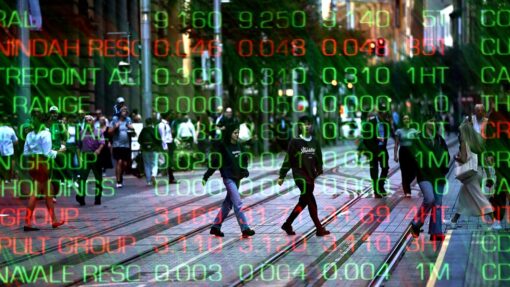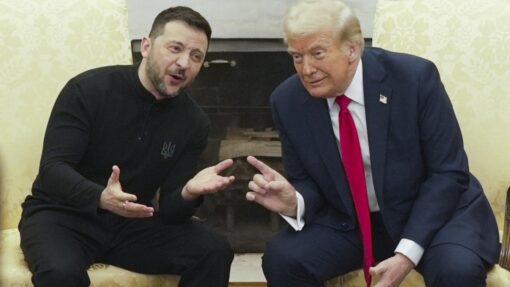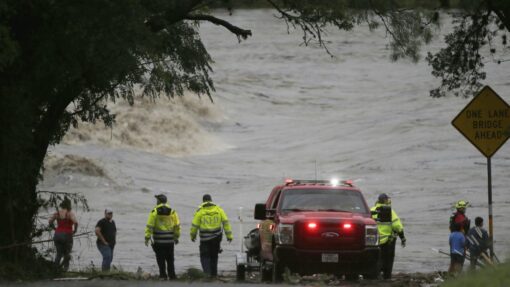No change to RBA forecasts after Trump election
Jacob Shteyman |

The Reserve Bank of Australia is watching the economic consequences of a Donald Trump presidency with interest but has not changed its forecasts yet.
The central bank’s governor, Michele Bullock, and Assistant Governor Chris Kent noted some of the US president-elect’s policies could have an adverse impact on Australia.
But it was too early to judge what the implications might be.
“We have a broad understanding of the way some of these policies, if they are implemented, will work out,” Ms Bullock told a Senate estimates hearing on Thursday.
“But we haven’t done very explicit scenario analysis on what it might mean for monetary policy, because there’s things going in all sorts of directions here.”

Ms Bullock said the RBA did look at his specific policies, including placing tariffs of 60 per cent on China, but whether Mr Trump actually follows through on his plans remains to be seen.
“It might be inflationary in some ways, but it might be deflationary in the other ways, if China ends up badly affected by this and that badly affects us,” she said.
“So it’s not easy to dissect what’s going to happen with all of this.”
Dr Kent said Mr Trump’s election could result in US deficits through tax cuts, probably resulting in higher inflation and long-term interest rates in the US and quite possibly higher growth for a time.
The biggest worry for Australia was large tariffs on China but the positive reaction of local equity markets and the Australian dollar to the election result did not necessarily indicate a negative prospect for our economy, he said.
Ms Bullock said she did not have a view on what Mr Trump’s election meant for the inflation outlook and whether it meant keeping the cash rate higher for longer.
Greens Senator Nick McKim pressed her on why the RBA had not modelled the results of Mr Trump’s policies.

“I think people have this feeling that this is a very precise and mechanical process,” she replied.
“That you take these inputs and you put them into a model and it churns out: ‘this is what you must do with monetary policy in these circumstances’. It doesn’t work like that.”
While Mr Trump’s policies were known, the flow-on effects remain unclear, Dr Kent said.
“One of the big effects, potentially, is on China but you can’t imagine that the Chinese will do nothing,” he said.
“One of the things they’ll do, and one of the things they’ve even announced of late, is more fiscal stimulus. And we don’t know the size of that, and we don’t know where it’s directed to.”
The RBA board on Tuesday kept the interest rate on hold at 4.35 per cent, citing the need to bring down underlying inflation, which was still too high at 3.5 per cent annually.
Excess demand was driving inflation higher, and part of that was driven by government spending, Ms Bullock said.
“I think the governments have been conscious of what they’re doing, and certainly when I talked to the Treasurer (Jim Chalmers), he is very conscious that they need to be cautious in terms of what they do in terms of the budget,” she said.
“I would just say that I think the attitude at the moment that I am hearing from the government is the right one.
“They’re conscious that they’ve got to have fiscal policy working for the Australian people, but they’re also conscious that they’ve got to use it in a way that doesn’t exacerbate the inflation problem.”
AAP


